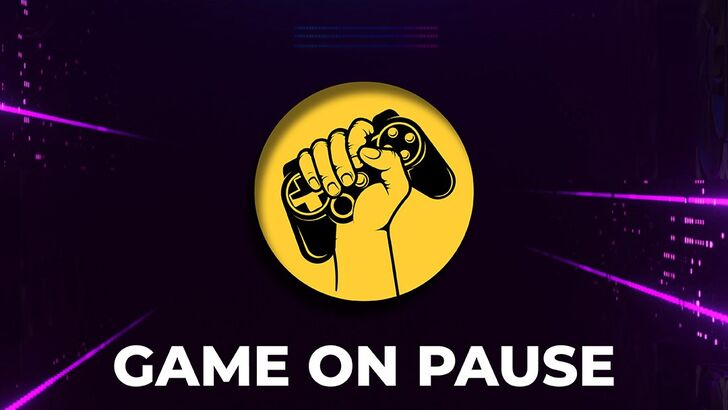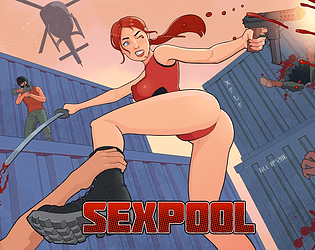
SAG-AFTRA's potential strike against major video game companies throws the gaming industry into uncertainty. The union's unanimous vote authorizes a strike impacting all services under the Interactive Media Agreement (IMA), primarily driven by concerns over AI's use in voice acting and performance capture.
The core dispute centers on the lack of AI protections for performers. SAG-AFTRA demands safeguards against unauthorized AI replication of voice and performance, advocating for fair compensation when such usage is agreed upon. Beyond AI, the union seeks substantial wage increases to combat inflation (11% retroactive and 4% annual increases), improved on-set safety measures (including mandated rest periods and on-site medics), and protections against vocal strain.
Ten major companies, including Activision, EA, Epic Games, and Take-2, are directly involved. While Epic Games publicly supports SAG-AFTRA's position on AI training rights, others remain silent. A strike's impact is uncertain, as video game development spans years, unlike film and television. While delays are possible, the extent remains unclear.
This conflict's roots stretch back to September 2023, with a near-unanimous member vote authorizing a strike. Prolonged negotiations have yielded no agreement, extending a contract that expired in November 2022. Past grievances, including a 2016 strike, and recent controversies surrounding a deal with Replica Studios, a third-party AI voice provider, further fuel tensions.
The situation highlights a broader struggle for fair labor practices in the rapidly evolving gaming landscape. The outcome will significantly impact the future of AI in performance capture and the treatment of video game performers. The need for a resolution that protects human creativity and ensures fair compensation in the age of AI is paramount.















